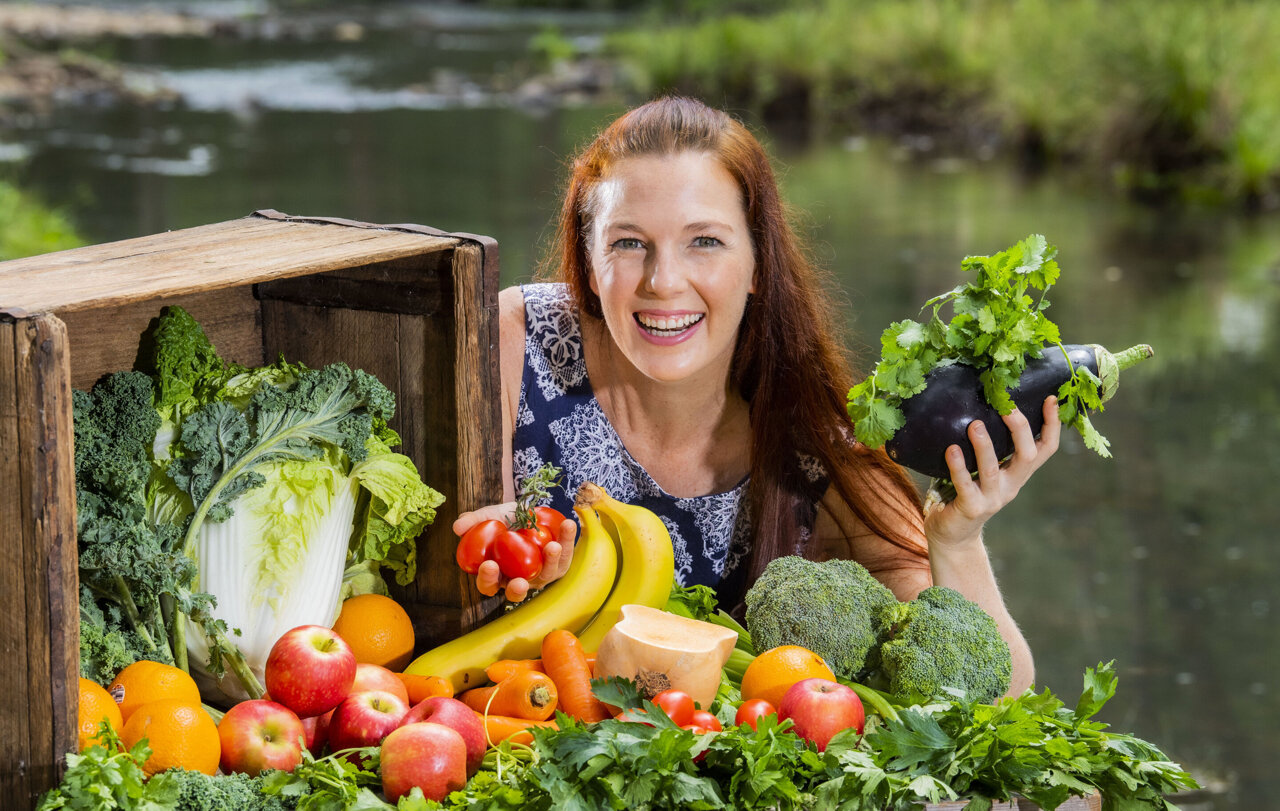
The 7 Different types of Vegetarians: Maybe you think going vegetarian will be better for your health. Maybe you’re passionate about animal rights. Or maybe you’re concerned about the environment and want to do your part to save it.
Whatever the reason, you’re considering giving vegetarianism a try, which is great—but you should do your research first. In this article, I am going to tell you about the 7 different types of Vegetarians.
Vegetarian (aka lacto-ovo vegetarians)

“Vegetarians will not eat meat, poultry, fish, or seafood but will eat dairy products, honey, and eggs,” says Marissa Meshulam, M.S., R.D., CDN. Since it includes several high-protein foods like eggs and lentils, it’s a pretty sustainable way to eat if you want to exclude all meat from your diet.
Flexitarian

“A flexitarian is more of a flexible vegetarian eating pattern, where your intake is mostly vegetarian, but you’ll eat chicken, steak, or any other animal product when you’re craving it,” says Ansari. “Think less meat and more plant-based foods.” This is the least restrictive vegetarian eating pattern and could also be called “mostly plant-based”—aka, veggies make up the bulk of your plate much of the time but not always.
The flexitarian diet is excellent for someone who would like to make changes to their diet, but may not be prepared or have the motivation to do a complete overhaul of their lifestyle. Opting into this lifestyle gives you more time to consider the meatless product offerings available to you, while also learning more about both the health benefits and environmental impact changing your diet can have.
Pescatarian

“A pescatarian is a vegetarian who also eats fish, along with eggs and dairy,” says Meshulam. It’s a great option if you want to get some extra protein in your diet. It’s also touted as a great diet for getting ample brain-supporting omega-3 fatty acids, which are otherwise found in foods like chia seeds or walnuts.
Given the minimal restrictions put in place by a pescatarian lifestyle, this can be an excellent great option for someone who would like to reduce their consumption of animal proteins significantly, but may not be prepared to completely eliminate them as a source of protein and nutrition. Fish and other seafood have also been shown to provide considerable health benefits, especially cardiovascular health. So, those who struggle with certain health conditions may choose to keep seafood as a part of their regular diet.
Lacto-vegetarian

“A lacto-vegetarian abstains from eggs, meat, poultry, seafood, and fish but eats dairy,” explains Meshulam. In India, for instance, a lacto-vegetarian diet is synonymous with vegetarianism as a whole, since Hinduism considers eggs and egg products to be animals.
There are several reasons that some people may choose to follow this diet instead of the others on this list. First, they may simply enjoy dairy products and be unwilling to eliminate them from the diet. While this is reason enough, they may have other motives as well. For instance, dairy contains notable amounts of protein, so if an individual is concerned with consuming enough protein in their vegetarian diet, keeping dairy products in the mix may help them feel more secure.
Ovo-vegetarian

“Ovo-vegetarians include eggs and egg products in their diet, but they don’t eat dairy or other animal proteins such as seafood, fish, poultry, and meat,” says Ansari. Many lactose-intolerant vegetarians may choose to eat this way.
Raw vegan

“This is often the strictest form of a vegetarian diet,” explains Ansari. “A raw vegan excludes foods of animal origin. There is no cooking involved, and the uncooked foods include vegetables, fruits, legumes, sprouted grains, nuts, herbs, and seeds, with the belief that raw and minimally cooked/heated foods (less than 114 degrees Fahrenheit) provide more nutrients than foods that are cooked.”
Raw vegan diets have been associated with low cholesterol levels, but there isn’t a consensus on whether one type of vegetarian diet may be healthier than another.
Vegan

“A vegan diet means eliminating all animal products, including those of animal origin,” says Meshulam. “This means no eggs, dairy, or even honey.”
Outside of diet, most vegans also eliminate animal-based products in their daily life. For example, they won’t wear leather or fur goods or use products that include any animal-derived ingredients such as gelatin.
What kind of vegetarian are you?
There are many different ways to approach vegetarianism, and it’s up to you to make dietary choices that best fit your lifestyle. Consider your health and fitness goals or needs when choosing. Whether you are becoming a vegetarian yourself, or simply trying to better support your vegetarian friends and family, we hope this list and chart have been helpful!
Hi all, my name is Deepa Raghav. I am passionate about writing content on a wide range of general topics and particularly enjoy crafting engaging listicle-style articles.
